|
We learned many things today with Ranger Kate and Ranger Lisa. One of those things was the specialty of Phenology. Phenology is the study of periodic events in biological life cycles and how these events are influenced by seasonal and annual variations in climate. They are especially interested in this study because of the implications of Climate Change at Acadia. For example: the extreme dry weather this year caused the leaves to drop a few weeks early. This act impacted the birds looking for nesting places before they flew south. Everything is connected. John Muir once said, " “When one tugs at a single thing in nature, he finds it attached to the rest of the world.”
We learned about the "warbler"- these small colorful birds (and the favorite of Ranger Lisa) love Acadia because of the diverse forests and wetlands. They especially love the many insects they can find. If you listen closely during our virtual field trip, you may hear a few pips and cheeps. We also talked about the white-tailed deer who escape their predators by hiding, running quickly, and moving quietly. Not too quickly though, as we saw several on our drive today. We heard about the tide pools where you can catch a rock, spider, or green crab. You can also find periwinkles, mussels, and sea slugs. We had a unique opportunity to see the peregrine falcon. That was pretty lucky as they can dive as fast as 200 miles per hour as they kill their prey and have a midday snack. All in all- we learned that many people loved this area so much that they donated the land and fought hard for its protection. They were determined that everyone should see this beautiful place so they worked until it became Acadia National Park in 1929. We hope that you all have an opportunity to visit here in the near future. There are many exciting things awaiting you!
0 Comments
Leave a Reply. |
Dacia and SteveWe are enjoying creating free educational content for students, teachers, and schools. We also are loving the travel! Archives
November 2021
Categories |
Expeditions in Education
- Home
-
Crossing America
-
Crossing America School Visits
>
- Cone and Smyrna Elementary School
- Cason Lane & Highland Park, TN
- Austin Elementary and Bethlehem Elementary, GA
- Woodard Elementary, TN
- Mount Harmony & Tracey's Elementary Maryland
- Elkins, WV- Go Polar Bears!
- Alvaton Elementary- KY
- Stallings Elementary, Matthews, NC
- Pleasant Knoll Elementary School Fort Mill, SC
- Guilford Elementary School in Plainfield, INDIANA
-
Crossing America SPECIAL EVENTS
>
-
Crossing America ZOOM
>
-
Episodes 1-10
>
- Episode One: Homestead NHP
- Episode Two: Holiday in the PARKS
- Episode Three: Biscayne National Park
- Episode Four: Everglades National Park
- Episode Five: Maggie L. Walker National Historic Site
- Episode Six: Assateague Island National Seashore
- Episode Seven: George Washington's Birthday 2022
- Episode Eight: Casa Grande Ruins National Monument
- Episode Nine: Tumacácori National Historical Park
- Episode Ten: San Antonio Missions NHP
-
Episodes 11 - 20
>
- Episode Eleven: MotorCities National Heritage Area
- Episode Twelve: Death Valley National Park
- Episode Thirteen: Hot Springs National Park
- Episode Fourteen: Isle Royale National Park
- Episode Fifteen: Dry Tortugas National Park
- Episode Sixteen: Olympic National Park
- Episode Seventeen: Voyageurs National Park
- Episode Eighteen: Lewis and Clark
- Episode Nineteen: Jewel Cave National Monument
- Episode Twenty: Pipestone National Monument
-
Episodes 21 - 30
>
- Episode Twenty-One: Alcatraz island
- Episode Twenty-Two: César E. Chávez National Monument.
- Episode Twenty-Three: Lava Beds National Monument
- Episode Twenty-Four: Haleakalā National Park
- Episode Twenty-Five: Hawai' i Volcanoes
- Episode Twenty-Six: Pearl Harbor National Memorial
- Episode Twenty-Seven: Lincoln Boyhood
- Episode Twenty-Eight: Birmingham Civil Rights National Monument
- Episode Twenty-Nine: Cumberland Island National Seashore
- Episode Thirty: Vicksburg National Military Park
-
Episodes 31-40
>
- Episode Thirty-One: Grand Teton National Park
- Episode Thirty-Two: Fort Laramie National Historic Site
- Episode Thirty-Three: Delaware Water Gap National Recreation Area
- Episode Thirty-Four: Fort Pulaski National Monument
- Episode Thirty-Five Kennesaw Mountain National Battlefield Park
- Episode Thirty-Six Pictured Rocks National Lakeshore
- Episode Thirty-Seven Natchez Trace Parkway
- Episode Thirty-Eight Selma to Montgomery National Historic Trail
- Episode Thirty-Nine: Pinnacles National Park
- Episode Forty: San Juan National Historic Site
-
Episodes 1-10
>
-
Crossing America School Visits
>
-
Educators
- Adventures of Marvin & Huck:Educators
- Book Connections
- Expeditions in Education BLOG
- Experience the Parks >
- Kindness Challenge
- Legacy Tree Chronicles >
-
National Parks Expedition Challenge
>
- Expedition Challenge Full List
- Acadia to Bryce >
-
Cape to Dry
>
- Cape Cod (ONE) National Seashore
- Cape Cod (TWO) National Seashore
- Carlsbad Caverns National Park
- Casa Grande Ruins National Monument
- César E. Chávez National Monument
- Chaco Culture National Historical Park
- Crater Lake National Park
- Cumberland Island National Seashore
- Cuyahoga Valley National Park
- Dayton Aviation National Heritage Historical Park
- Death Valley National Park
- Delaware Water Gap National Recreation Area
- Denali National Park
- Dry Tortugas National Park
- Eleanor to Fort >
-
Gateway to Hot
>
- Gateway Arch National Park
- Gettysburg National Military Park
- Grand Canyon National Park
- Grand Teton National Park
- Great Smoky Mountains National Park
- Guilford Courthouse National Military Park
- Haleakala National Park
- Harpers Ferry National Historical Park
- Hawai'i Volcanoes National Park
- Homestead National Historical Park
- Home of Franklin Roosevelt National Historic Site
- Hopewell Culture National Historical Park
- Hot Springs National Park
-
Indiana to Lincoln
>
- Indiana Dunes National Park
- Isle Royale National Park
- Jewel Cave National Monument
- Jimmy Carter National Historical Park
- Joshua Tree National Park
- Kenai Fjords and Alaska Coastal Parks
- Kennesaw Mountain National Battlefield Park
- Keweenaw National Historical Park
- Lava Beds National Monument
- Lewis & Clark National Historic Trail
- Lincoln Home National Historic Site
- Lincoln Memorial
-
Maggie to Pullman
>
- Maggie L. Walker National Historic Site
- Mammoth Cave National Park
- Martin Luther King, Jr. Memorial
- Mesa Verde National Park
- Natchez Trace Parkway
- New River Gorge and Preserve National Park
- Niobrara National Scenic River
- Oklahoma City National Memorial and Museum
- Olympic National Park
- Palo Alto Battlefield
- Pearl Harbor National Memorial
- Petroglyph National Monument
- Pictured Rocks National Lakeshore
- Pinnacles National Park
- Pipestone National Monument
- Pullman National Monument
-
Redwood to Zion
>
- Redwood National and State Parks
- Rocky Mountain National Park
- Saguaro National Park
- San Antonio Missions NHP
- San Juan National Historic Site
- Selma to Montgomery National Historic Trail
- Shenadoah National Park
- Tidal Basin-NAMA
- Tumacácori National Historical Park
- Vanderbilt Mansion National Historical Site
- Vicksburg National Military Park
- Voyageurs National Park
- Waco Mammoth National Monument
- Wright Brothers Memorial
- Yosemite National Park
- Zion National Park
-
Preserve the Parks PBL
>
- Addressing Environmental Resilience in Puerto Rico
- Protecting the Puerto Rican Harlequin Butterfly
- Creating Sustainable Communities Inspired by Pullman
- Combating the Green Crab Invasion in Acadia National Park
- Enhancing Sustainable Trails at Big Cypress National Preserve
- Exploring the Green River's Impact on Water Purity and Cave Preservation
- Protecting Crater Lake's Endemic Newts
- Restoring Native Trees at the Lincoln Boyhood Home
- Restoring the Elwha River
-
STEAM in the Park Previous
>
-
STEAM in the Park - 2023
>
- Ambassadors 2023
- Mammoth Cave National Park 2023
- Great Smoky Mountains National Park 2023
- Cumberland Island National Seashore 2023
- New River Gorge STEAM in the PARK
- Hawaii Volcanoes National Park
- Big Cypress National Preserve 2023
- Redwood National Park 2023
- Jimmy Carter National Historic Site 2023
- Acadia National Park 2023
- Rocky Mountain National Park 2023
- Olympic National Park 2023
- Voyageurs National Park 2023
- STEAM in the Park - 2022 >
- "What's In Your Pocket?"
- Nature Journaling Resources
-
STEAM in the Park - 2023
>
- Backpack the Parks!
- Park Pioneers
- The Land
- Weekly Dives
- Ready to Go Lessons
- Great Lakes Odyssey
- STEAM in the Park - 2024
- Students

Permissions:
Expeditions in Education gives you permission to use our materials as-is. Logos and names from the documents must remain.
Please provide credit and link back to our website when using our resources.
Expeditions In Education, INC is a registered 501(c)(3) nonprofit.
EIN: 85-1846134
Dacia and Steve Jones ([email protected])
Copyright 2024
Expeditions in Education gives you permission to use our materials as-is. Logos and names from the documents must remain.
Please provide credit and link back to our website when using our resources.
Expeditions In Education, INC is a registered 501(c)(3) nonprofit.
EIN: 85-1846134
Dacia and Steve Jones ([email protected])
Copyright 2024
Proudly powered by Weebly
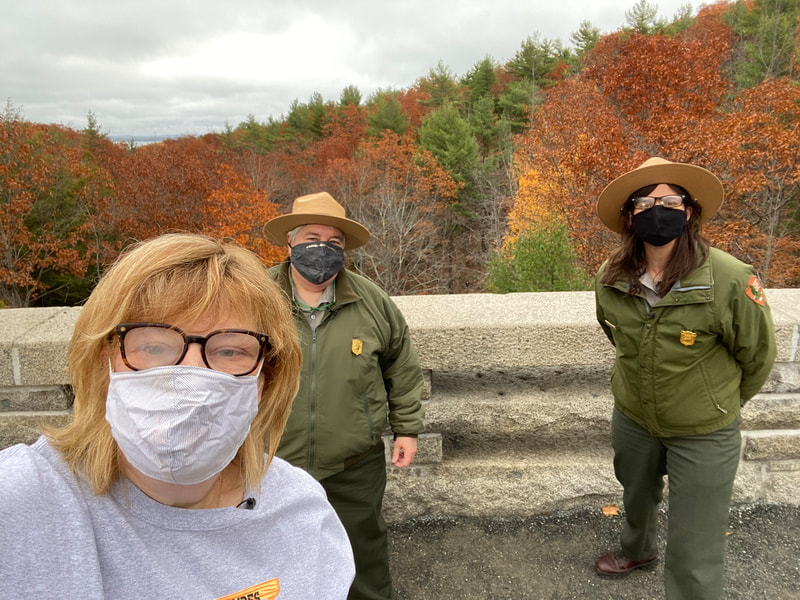
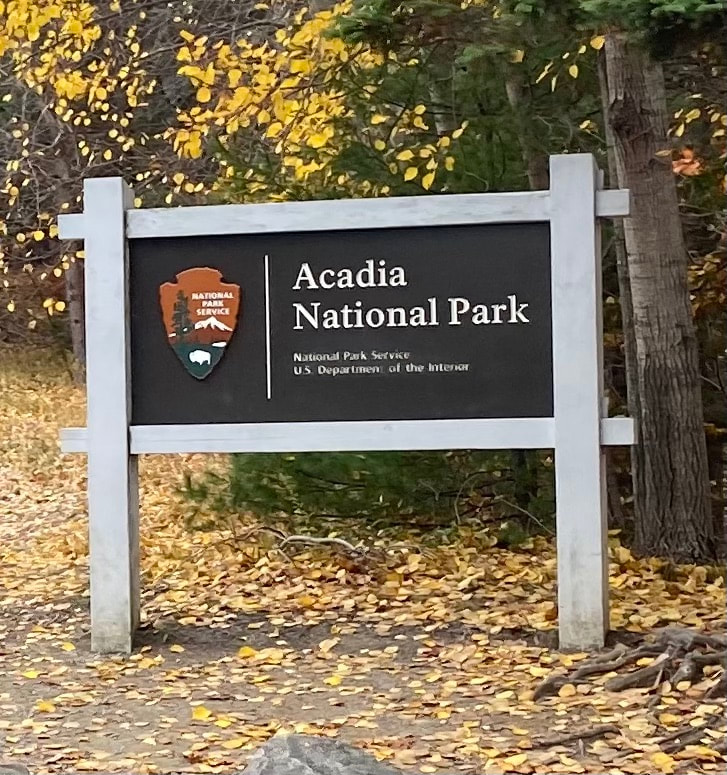
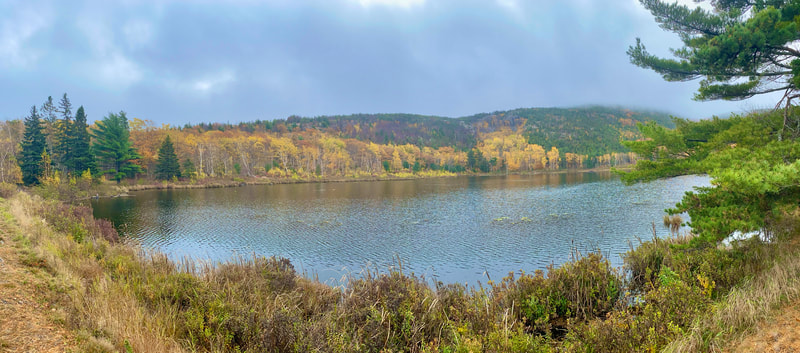
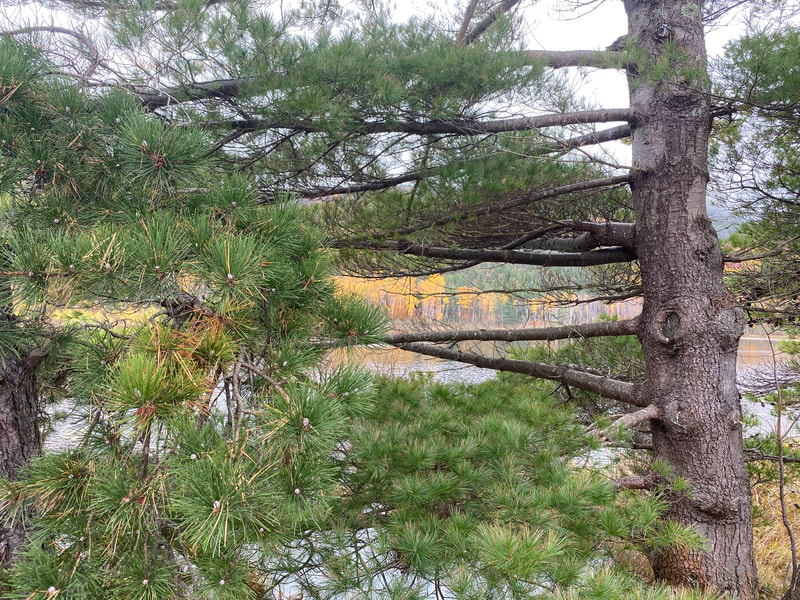
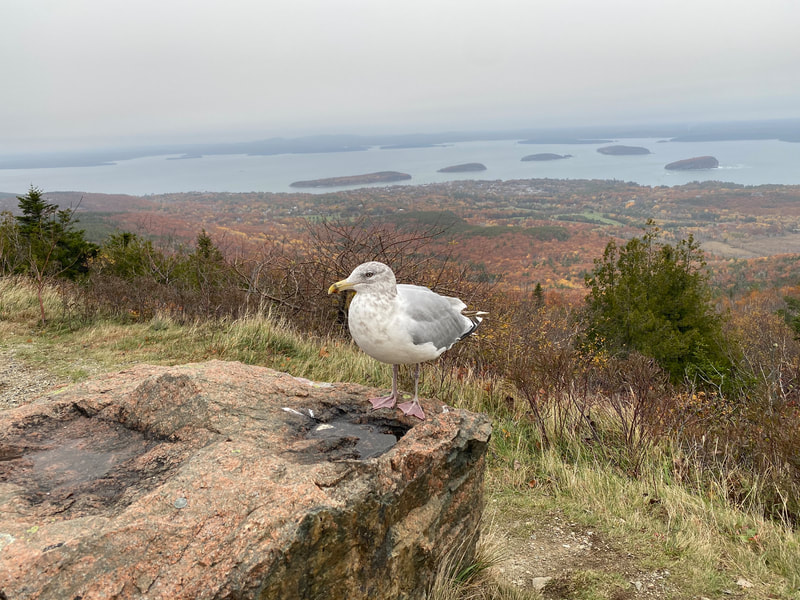
 RSS Feed
RSS Feed